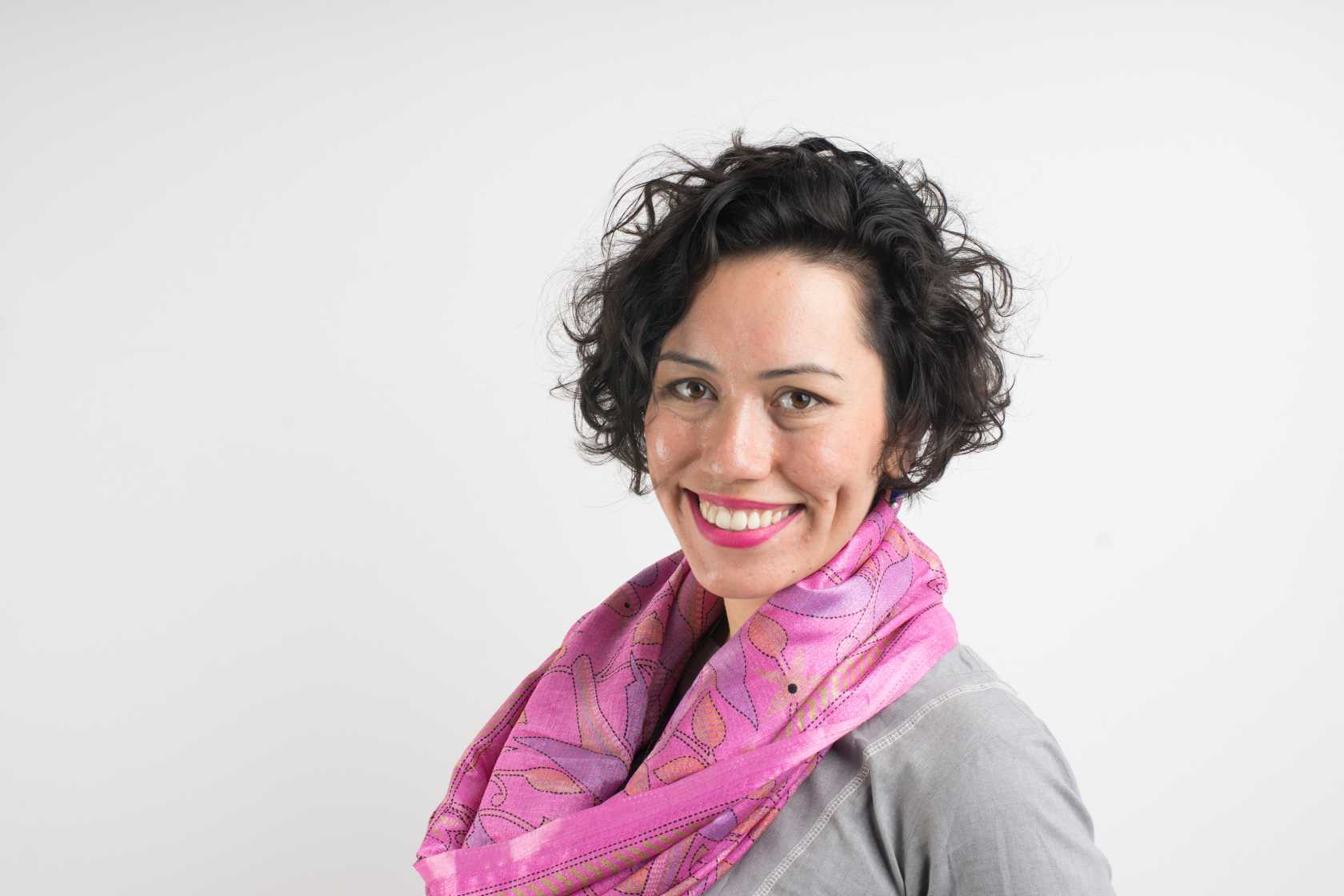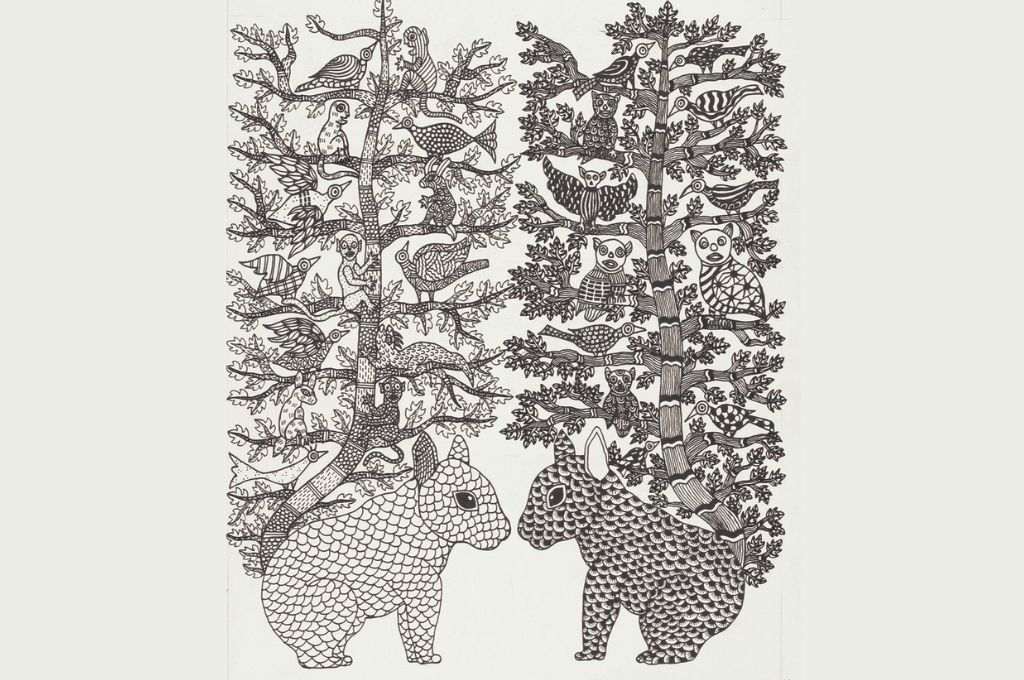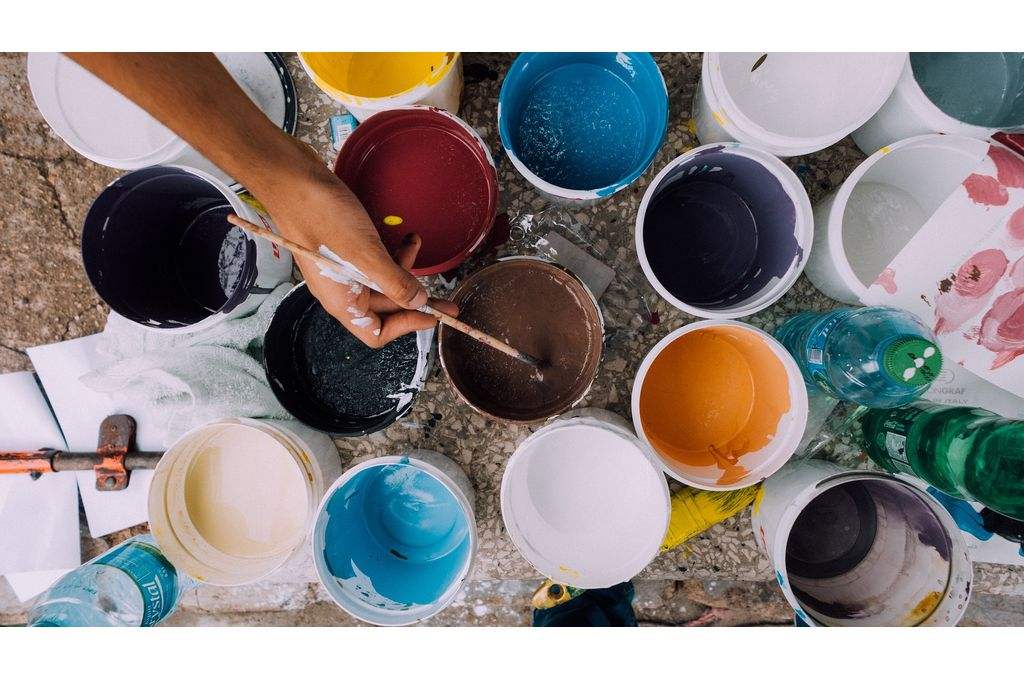This article is part of Failure Files. Originally conceived by India Development Review in partnership with Acumen Academy, this is a special series where social change leaders chronicle their failures and lessons learnt.
In February this year, I was asked to speak at a session about demystifying social impact careers. I was asked to say something vulnerable; to share some of my failures and to talk about how by living my values, I was able to move forward.
I shared these lines by Scott Galloway:
“The best thing to happen is to win
The second-best thing to happen is to fail quickly
The worst thing to happen is to fail slowly…”
I failed slowly.
Related article: Failure can look like success
I failed at leading my organisation effectively because I was burnt out and did not know how to cultivate and protect my own well-being. I allowed random external voices to tell me what I should be doing. I benchmarked myself against the wrong external indicators, such as doing a TED talk, or a coveted fellowship. My slow failure was not just listening to those voices, but allowing those voices to tell me who I was—to let them affect my self-image, my confidence, and my well-being.
If you really want to create impact, you need to build your capacity to take care of yourself.
I’ve been running Atma for more than a decade now and it has taken me a lot of slow failure to realise that to have a career in social impact, we need to be more than burnt out shells of ourselves. I am now loudly sharing my own journey because I have seen how cultivating my skills in being well has improved my leadership, how I continue to see stress affect the entrepreneurs I work with, and why if you really want to create impact, you need to build your capacity to take care of yourself.
I am from Canada originally—I moved to Mumbai in 2007 as a very young person. I took over the operations of Atma at 26, and was able to grow our work from a niche consulting operation serving four organisations, to a portfolio of more than 20 organisations at a time. We’ve created an online platform that has membership of more than 400 nonprofits who attend our monthly webinars, built a consortium in the inclusive education space, and most recently created the Future of Impact Collaborative to support nonprofits through the pandemic’s impact on the social sector.
Coming from Canada, however, I didn’t have a strong support network initially. I had a lot of the wrong people around me, whose advice was less weighty than their egos. This created major distractions from the mission of our organisation. Trying to serve this mission while also trying to keep operations functional, resulted in a confused set of performance standards for our people and the organisation.
I was holding myself and the people around me to the wrong standards. My time was spent trying to follow through on less than sound advice, reacting to donor requirements, feeling envious of other organisations’ team sizes, budgets, and scale plans, rather than reflecting on what my organisation needed and what we were doing with the resources we had (which were a lot).
In order to make it through the ups and downs, you will need to build sustainable life practices. | Picture courtesy: Rawpixel
All of this made me question myself. My self-confidence took a major slide and I ended up depressed and suffering from panic attacks. In this state of self-doubt, I wasn’t able to take the steps the organisation needed. I didn’t have the confidence to renegotiate deadlines with donors, and taking clear decisions on a branding revision became nearly impossible. I was totally drained.
In this state of self-doubt, I wasn’t able to take the steps the organisation needed.
This was, as I mentioned earlier, a slow failure. It took me a long time to move through this crisis period, which really came to a head in 2014. I was able to enter a space of stability by 2016 and it was only in 2019 that I began to thrive again.
Since then, Atma and I have moved far forward. I attribute much of my personal growth to therapy. I started therapy more than two and a half years ago, and it unlocked a world of personal and professional transformation. It helped me not to give in to external comparisons, and allowed me to draw boundaries around people who brought in negative external influences.
It’s still not all perfect. For example, last year Atma’s Chief Programme Officer went on maternity leave for six months. During that time, I was managing her role as well as my role. By the end of those six months, I was drowning in travel and work. One day, I came into sight of our office and burst into tears. Something was clearly wrong. I made a few emergency calls to my therapist and started spending a lot of time on the Headspace app. With help, I was able to move beyond the exhaustion. The major difference this time was that I knew I had the help and tools to move me forward quickly.
Related article: Productivity at the cost of well-being
What are the lessons to take away from my experience?
- Know that prioritising yourself is prioritising your organisation. If you are well, you will be able to serve your organisation and team well. Being burnt out, like I was, is terrible. Terrible not just for you—maybe you can sacrifice yourself—but for your organisation as well. Burnout makes you feel like you are constantly drowning. It makes it exceedingly difficult to think of the organisation’s mission and to see with clarity where change may be required.
- Practice a well-being-centric lifestyle. Well-being isn’t just taking a vacation ever so often. It involves having activities and tools that are part of your everyday life, and which you can lean on when you really need them.
- Talk about how you are feeling with people you can trust. The more effectively you can label your feelings, the sooner you can address them. Social entrepreneurs face immense amounts of stress—enormous workloads combined with the pressure of creating and sustaining a programme in a community you are most likely not from. We are always looking for resources, be it funding, people, or partners. All this, while managing the very real existential crisis about the question: Are we creating an impact? It is important, therefore, to have a support group that you can trust and talk to as you go through this arduous journey.
- Make well-being part of your team culture, so that each team member has the tools they need to articulate their needs and address them. For me, burnout came from competing and comparing myself to others, and overworking myself to reach some external standard. For others, including team members, it could come from anger towards the external world (or the organisation) for not acknowledging the impact of their work, and overworking to gain this acknowledgement.
- Above all, listen closely to the people we are serving. To create impact, we need to put our own egos aside and instead figure out ways to serve our communities’ needs. That is what we need to focus on, not the next TED talk or the needs and ideas of external advisors.
Most importantly—you are not going to get it right the first time. In order to make it through the ups and downs, you will need to build sustainable programmes and organisations, but most of all, you will need to build sustainable life practices.
Remember that careers take place over decades, and you can’t sustain burnout over decades and be successful.
There will be days when passion won’t sustain you. There will be days when the smiling faces of children in classrooms just feels like work. It is a myth to tell ourselves otherwise. Not acknowledging this reality is dangerous—we set the wrong standard for ourselves, our teams, and entrepreneurs joining the sector. If you want to make a career in social impact, then remember that careers take place over decades, and you can’t sustain burnout over decades and be successful.
I did fail in managing my well-being. Not just once, but repeatedly. And it is likely that I am going to keep struggling with it. But today, I am able to fail fast and recover faster on my journey of creating impact.




